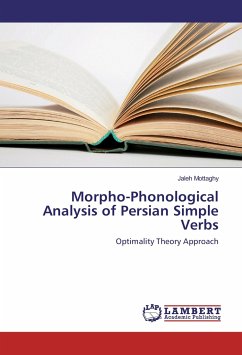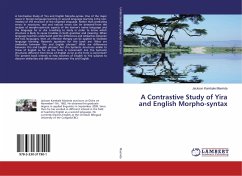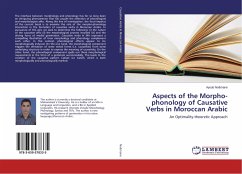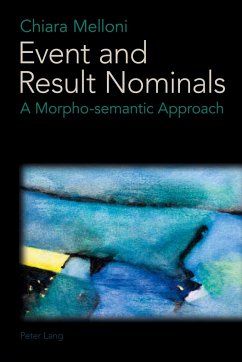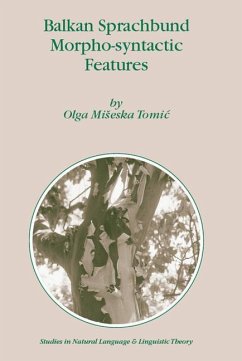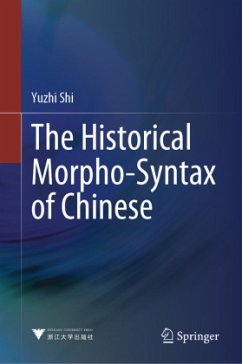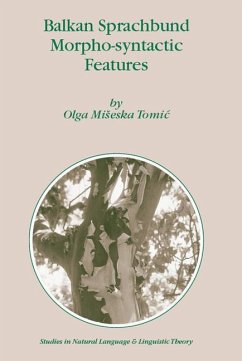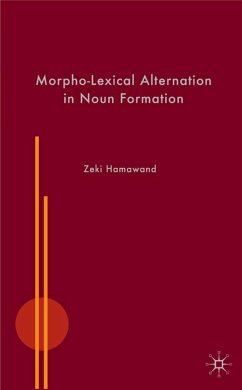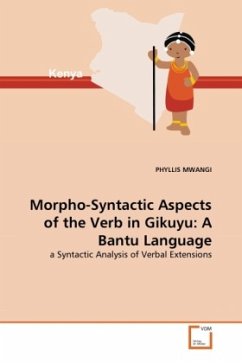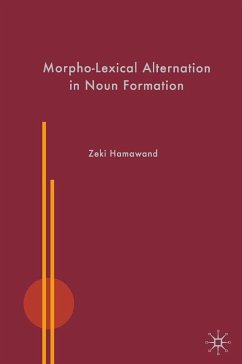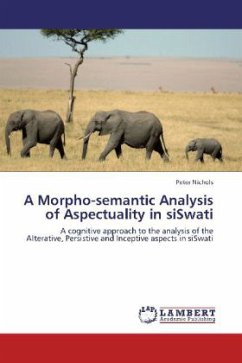
A Morpho-semantic Analysis of Aspectuality in siSwati
A cognitive approach to the analysis of the Alterative, Persistive and Inceptive aspects in siSwati
Versandkostenfrei!
Versandfertig in 6-10 Tagen
52,99 €
inkl. MwSt.

PAYBACK Punkte
26 °P sammeln!
This study develops an analysis of three aspects in siSwati, a southern African Bantu language spoken in Swaziland and South Africa: PERSISTIVE aspect, encoded by the aspect marker -sa-, ALTERATIVE aspect, encoded by -se- and INCEPTIVE aspect encoded by be-. A distinctive characteristic of two of the aspects is that they link two separate time periods and so they have been described as dual-time period aspects. One is the PERSISTIVE which is an aspect already well-documented and studied cross-linguistically in the Bantu languages and other groups and the other is analysed as the ALTERATIVE whi...
This study develops an analysis of three aspects in siSwati, a southern African Bantu language spoken in Swaziland and South Africa: PERSISTIVE aspect, encoded by the aspect marker -sa-, ALTERATIVE aspect, encoded by -se- and INCEPTIVE aspect encoded by be-. A distinctive characteristic of two of the aspects is that they link two separate time periods and so they have been described as dual-time period aspects. One is the PERSISTIVE which is an aspect already well-documented and studied cross-linguistically in the Bantu languages and other groups and the other is analysed as the ALTERATIVE which is a new term the author has applied to an aspect not formerly recognised in linguistic studies. This thesis has wider significance for cross-linguistic recognition of dual-time period aspects, which have so far been largely associated with the PERFECT but is a more wide spread quality of natural language aspect systems.



